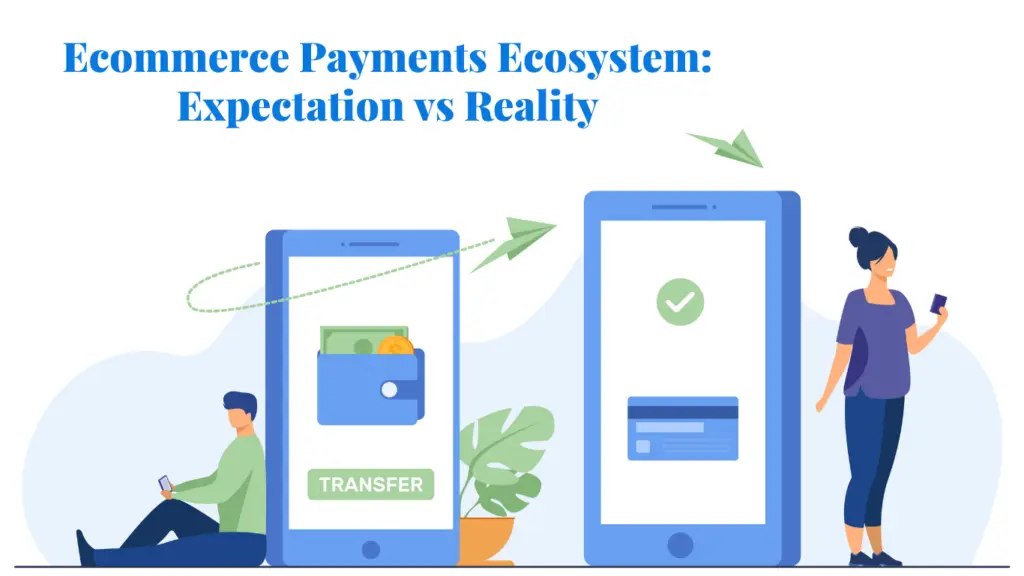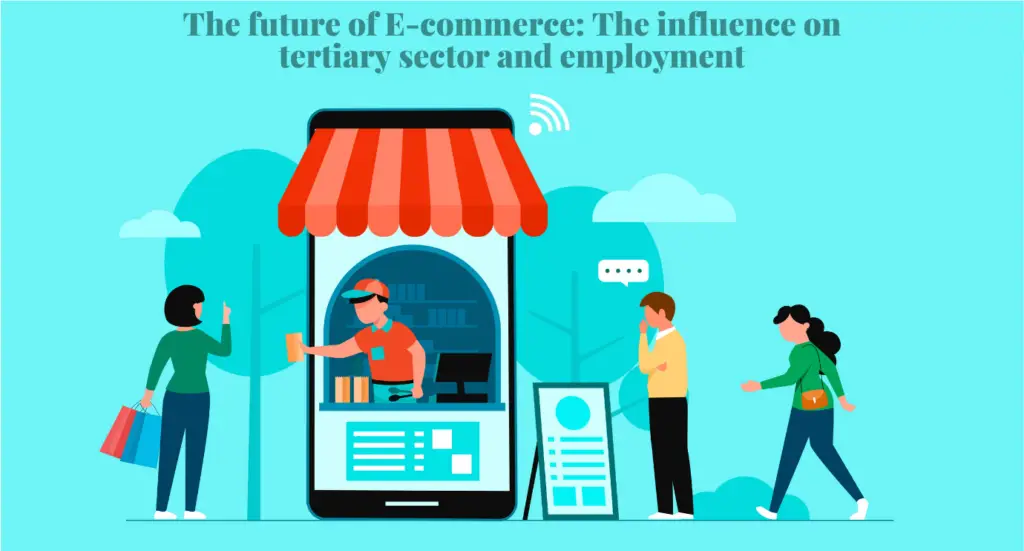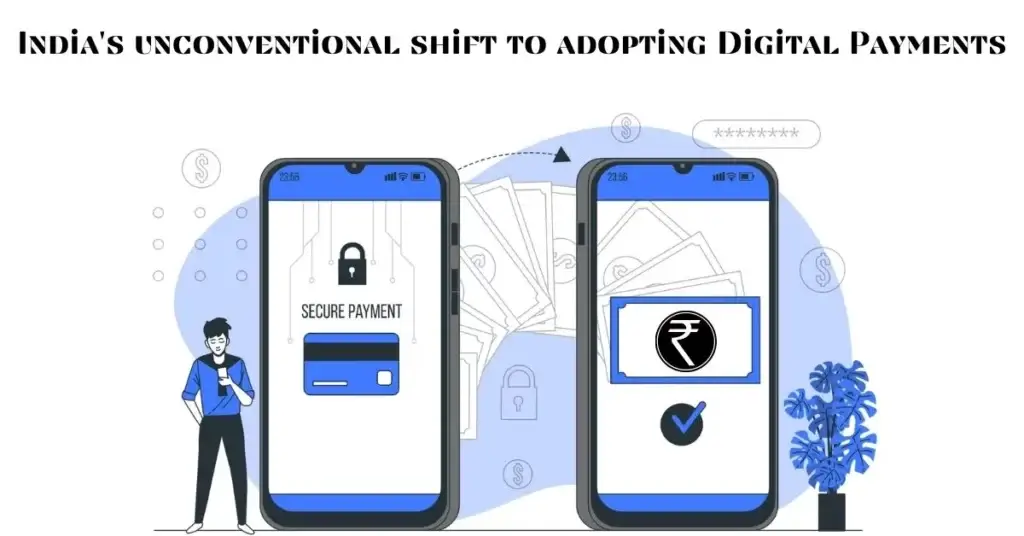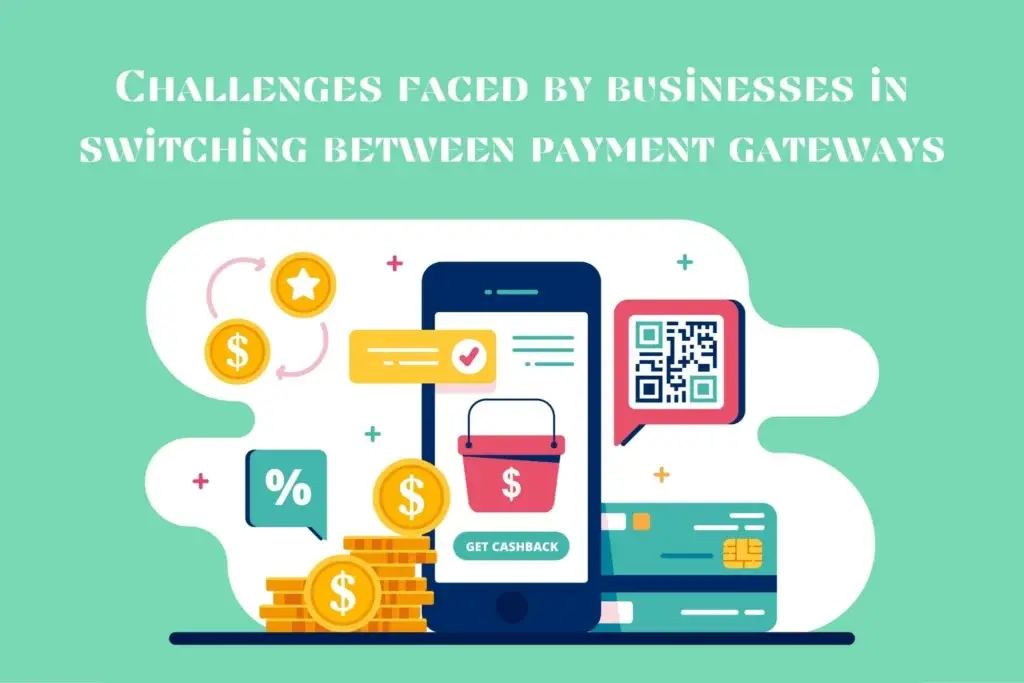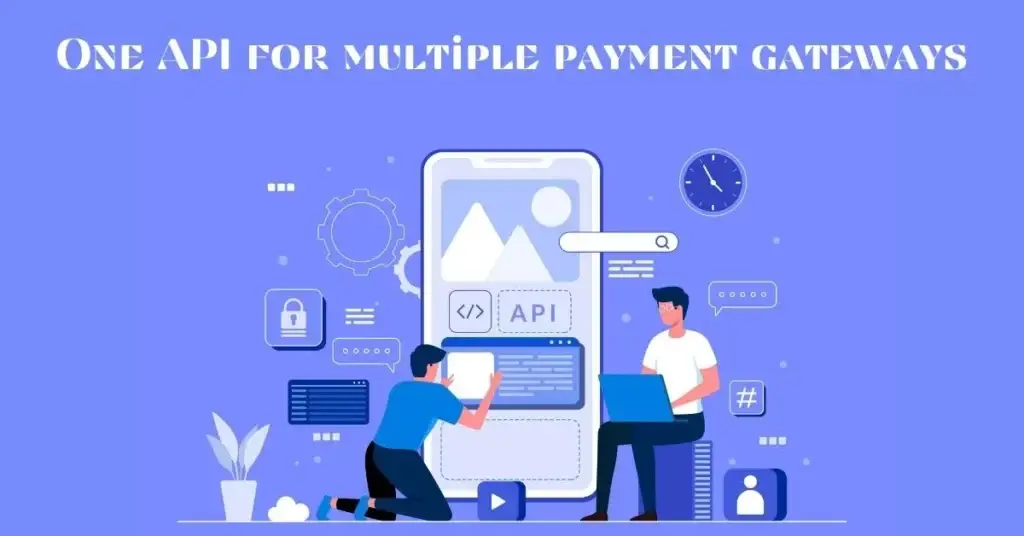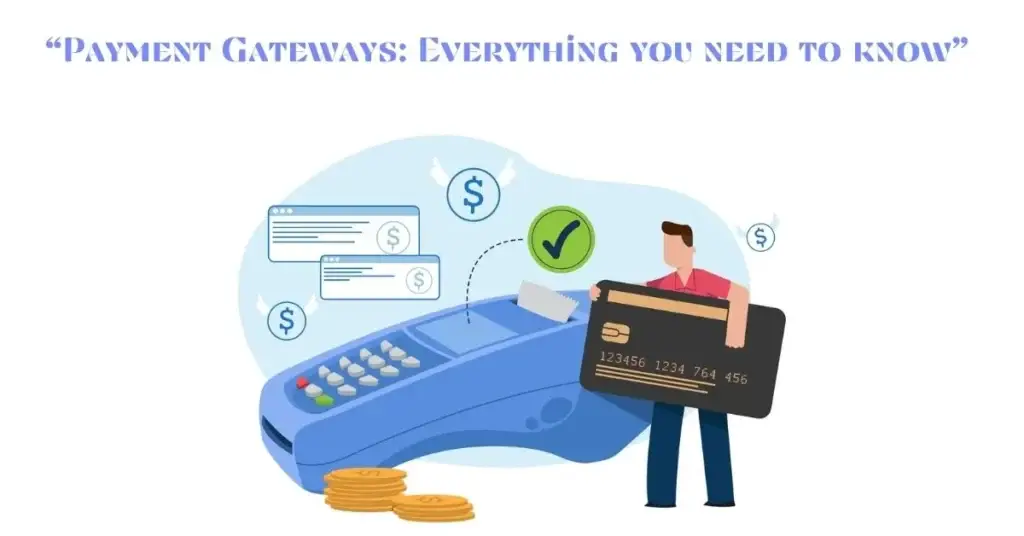One such game-changing innovation is Unified Payments Interface (UPI). Introduced by the National Payments Corporation of India (NPCI), UPI has transformed the way businesses handle transactions. It offers a seamless, instant, and cost-effective payment experience, making it a preferred choice for businesses of all sizes.
Whether you run a small startup or a large enterprise, adopting UPI for businesses can improve cash flow, enhance customer experience, and simplify financial operations. In this guide, we will explore the key benefits of using UPI and why it has become an essential payment solution for modern businesses.
1. Instant and Hassle-Free Transactions
One of the biggest advantages of UPI is its ability to process transactions instantly. Unlike traditional payment methods, which often involve delays, UPI enables real-time payments. Businesses no longer need to wait for bank approvals or processing times, allowing for smooth and efficient financial operations.
For example, a retail store can receive payments from customers within seconds, improving cash flow and reducing dependency on cash transactions. This speed and convenience make UPI an ideal payment option for businesses dealing with high transaction volumes.
2. Lower Transaction Costs
For businesses, every rupee saved on transaction fees contributes to higher profits. Compared to other payment methods like credit cards or payment gateways, UPI transactions come with significantly lower charges. Many banks and payment service providers offer free or minimal-cost UPI transactions, reducing operational expenses for businesses.
This affordability is especially beneficial for small businesses and startups that need cost-effective payment solutions. By adopting UPI, businesses can minimize overhead costs while still providing a seamless payment experience for their customers.
3. Enhanced Customer Convenience
In today’s competitive market, businesses must prioritize customer satisfaction. UPI makes payments easier and more convenient for customers by eliminating the need for cash or card-based transactions. With just a smartphone and a UPI-enabled app, customers can make payments instantly using QR codes or UPI IDs.
Additionally, UPI supports multiple payment methods, including bank transfers, mobile numbers, and even virtual payment addresses (VPAs). This flexibility enhances the overall shopping experience, leading to higher customer retention and satisfaction.
4. Secure and Fraud-Resistant Payments
Security is a major concern for businesses handling digital transactions. Fortunately, UPI is designed with multiple layers of security to protect both businesses and customers. It employs advanced encryption and two-factor authentication (2FA) to prevent unauthorized access and fraud.
Furthermore, UPI transactions do not require sharing sensitive bank details. Customers only need to enter their UPI ID, reducing the risk of data breaches. Businesses can thus offer a secure payment environment, building trust and credibility among their customers.
5. Easy Integration with Business Systems
UPI can be seamlessly integrated into various business models, making it a versatile payment solution. Whether you run an e-commerce website, a retail store, or a service-based business, integrating UPI payments is simple and efficient.
For online businesses, UPI payment gateways can be embedded into websites and mobile apps, allowing customers to pay without being redirected to third-party platforms. Similarly, offline businesses can use QR codes for quick transactions, making UPI a universal payment option.
Keep your transactions uninterrupted and your business thriving with Payomatix.
6. Boosts Business Growth and Expansion
By offering UPI as a payment option, businesses can attract more customers, including those who prefer digital transactions over cash payments. This wider customer reach helps businesses grow and expand their operations.
Additionally, since UPI enables easy cross-platform transactions, businesses can leverage it for B2B payments, supplier transactions, and even employee payroll disbursements. This flexibility makes UPI for businesses a valuable tool for scaling operations efficiently.
7. Reduces Cash Dependency
Handling cash transactions can be cumbersome and risky. Businesses need to manage cash flow, store money securely, and ensure accurate record-keeping. UPI eliminates these challenges by promoting cashless transactions, reducing the need for physical currency.
With more customers opting for digital payments, businesses can streamline their financial operations, minimize errors, and improve overall efficiency. This shift towards a cashless economy benefits both businesses and customers by offering a more convenient and transparent payment system.
8. Supports Recurring Payments and Subscriptions
For businesses that rely on subscription-based models, UPI offers a seamless way to collect recurring payments. Customers can set up automatic payments for services like streaming platforms, online courses, and utility bills without needing to enter their payment details repeatedly.
This automation not only saves time but also reduces payment failures, ensuring a steady revenue stream for businesses. By leveraging UPI for recurring payments, businesses can enhance customer experience and improve financial stability.
9. Works 24/7 Without Bank Holidays
Unlike traditional banking systems that may have downtime due to holidays or working hours, UPI operates round the clock. Businesses can accept payments at any time, ensuring uninterrupted cash flow.
This is particularly beneficial for e-commerce stores, food delivery services, and online service providers that operate outside regular banking hours. The ability to process payments 24/7 gives businesses a competitive edge and ensures they never miss a sales opportunity.
10. Government Support and Future Growth
The Indian government actively promotes digital payments and financial inclusion. With ongoing developments and enhancements in the UPI ecosystem, businesses can expect even more advanced features in the future.
Initiatives like UPI Lite, international UPI transactions, and increased transaction limits indicate that UPI will continue to evolve, providing businesses with more opportunities for growth. By adopting UPI for businesses, companies can stay ahead in the digital payment revolution.
Conclusion
UPI has undoubtedly revolutionized the way businesses handle transactions. With its instant processing, low-cost structure, security features, and seamless integration capabilities, UPI has become an essential tool for businesses looking to enhance their payment systems.
By adopting UPI for businesses, companies can improve cash flow, attract more customers, and streamline financial operations. As digital payments continue to grow, integrating UPI into your business strategy is not just a smart move—it’s a necessity.
Frequently Asked Questions
1. Is UPI safe for business transactions?
Answer: Yes, UPI is highly secure. It uses advanced encryption, two-factor authentication (2FA), and device binding to protect transactions. Since customers do not need to share sensitive bank details, businesses can offer a safe and fraud-resistant payment option.
2. Can small businesses and startups use UPI?
Answer: Absolutely! UPI is ideal for small businesses and startups due to its low-cost structure, ease of integration, and instant transaction processing. It helps them improve cash flow and expand their customer base without investing in expensive payment infrastructure.
3. How can a business start accepting UPI payments?
Answer: Businesses can start accepting UPI payments by:
- Generating a QR code through a UPI-enabled app.
- Using a UPI ID linked to a business bank account.
- Integrating a UPI payment gateway into their website or mobile app.
- Partnering with a payment service provider (PSP) that supports UPI transactions
4. Are there any transaction fees for businesses using UPI?
Answer: UPI transactions are generally low-cost compared to other payment methods. Many banks and service providers offer free or minimal charges for UPI transactions. However, some providers may apply nominal fees for large-volume transactions or merchant accounts.
5. Can UPI be used for B2B payments?
Answer: Yes, UPI is not just for customer transactions. Businesses can use UPI for B2B payments, vendor payments, supplier transactions, and even payroll processing. It provides a seamless and instant way to manage financial transactions across business operations.


